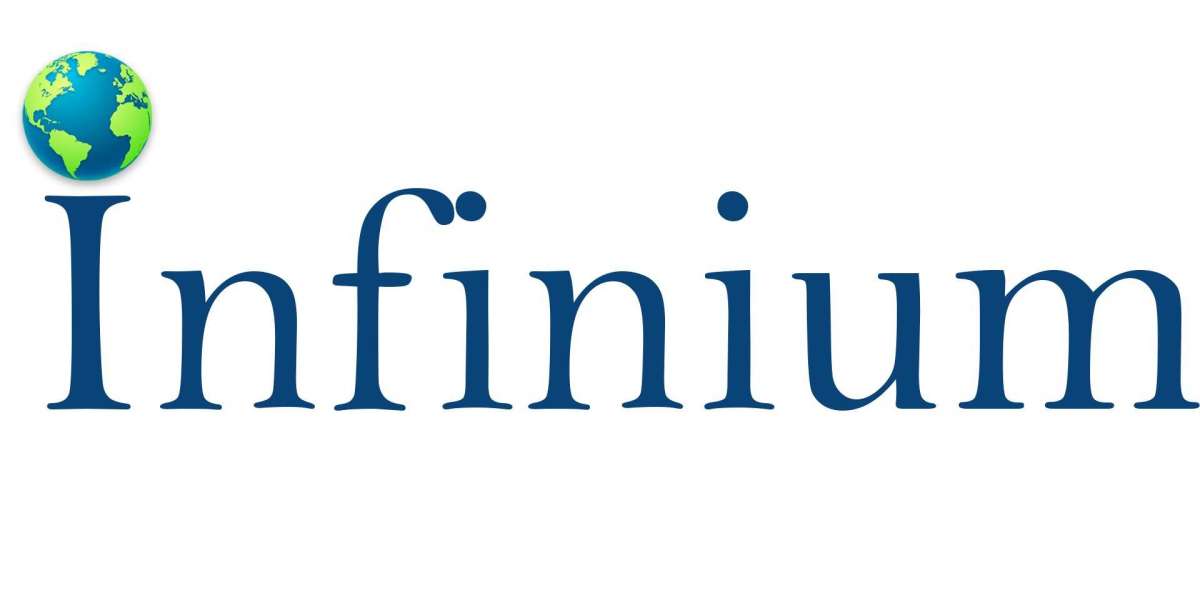Navigating university life can be overwhelming, especially when it comes to managing academic demands. Fortunately, most campuses offer a variety of resources designed to support students and help them succeed. From tutoring centers to writing workshops, these resources can make a significant difference in your academic performance. Here’s an overview of the key campus resources available and how they can assist you in achieving your academic goals.
1. Tutoring Centers
Most universities have dedicated tutoring centers that offer one-on-one or group tutoring sessions in various subjects. These centers provide personalized support to help students understand course material, solve problems, and improve their grades. Whether you need help with mathematics, science, or humanities, tutoring centers are staffed with knowledgeable tutors who can guide you through challenging concepts and provide additional practice.
Tutoring centers are especially useful if you find yourself struggling with specific topics or need extra assistance to grasp complex material. They offer flexible scheduling options, making it easier to fit sessions into your busy academic life. Additionally, many tutoring centers offer online resources and virtual tutoring to accommodate remote learning.
2. Writing Centers
Writing centers are invaluable for students who need assistance with writing assignments, whether it’s crafting a research paper, composing essays, or polishing a thesis. These centers provide guidance on various aspects of writing, including structure, grammar, citation, and clarity. Writing consultants can help you brainstorm ideas, develop arguments, and refine your writing style to meet academic standards.
If you’re facing challenges with your writing assignments, the writing center can be a great resource. They offer personalized feedback and support, helping you improve your writing skills and enhance your overall academic performance. In some cases, you might also consider using external “do my assignment” services if you need additional help or have tight deadlines. These services can complement the support provided by writing centers, ensuring you meet your academic goals effectively.
3. Academic Advising
Academic advising services are crucial for students seeking guidance on course selection, degree planning, and career paths. Advisors help students navigate their academic journey, providing advice on course requirements, major selection, and academic goals. They also offer support in creating a balanced schedule and managing workload effectively.
Regular meetings with an academic advisor can help you stay on track with your academic progress and make informed decisions about your studies. They can also connect you with other campus resources and services that may be beneficial for your academic success.
4. Study Groups and Peer Tutoring
Forming or joining study groups can be an effective way to enhance your learning experience. Study groups provide opportunities to collaborate with peers, discuss course material, and solve problems together. They also offer a supportive environment where you can share insights and learn from others.
In addition to formal tutoring centers, many campuses have peer tutoring programs where students tutor fellow students in specific subjects. Peer tutors often provide a relatable perspective and can offer valuable tips and study strategies based on their own experiences.
5. Academic Workshops and Seminars
Universities frequently offer workshops and seminars focused on various academic skills and topics. These workshops may cover subjects such as time management, effective study techniques, research methods, and exam preparation. Attending these sessions can help you develop essential skills and strategies for academic success.
Workshops and seminars are often conducted by faculty members or academic professionals who can provide expert guidance and practical advice. Participating in these events can enhance your understanding of key academic concepts and improve your overall performance.
6. Library Resources and Research Assistance
University libraries are rich with resources that support academic success. Libraries offer access to a vast collection of books, journals, and online databases that are essential for research and coursework. Additionally, many libraries provide research assistance services where librarians can help you locate sources, conduct research, and cite references correctly.
Library resources also include study spaces, computer labs, and printing services that can support your academic needs. Utilizing these resources effectively can enhance your research skills and contribute to your academic achievements.
7. Online Learning Platforms
Many universities provide access to online learning platforms and digital resources that complement classroom instruction. These platforms often include interactive tutorials, practice exercises, and educational videos. They allow you to review course material, practice skills, and gain a deeper understanding of subjects.
Online learning platforms can be especially useful for self-paced learning and supplementing traditional classroom instruction. They provide additional opportunities for practice and learning, helping you stay engaged and improve your academic performance.
8. Counseling and Mental Health Services
Maintaining mental well-being is crucial for academic success. Counseling and mental health services on campus offer support for managing stress, anxiety, and other emotional challenges. These services provide counseling sessions, workshops, and resources to help you cope with the pressures of university life.
Taking care of your mental health ensures that you remain focused, motivated, and productive in your academic pursuits. Seeking support from counseling services can help you manage stress and maintain a positive mindset throughout your studies.
9. Career Services
Career services offer support in exploring career options, preparing for job searches, and developing professional skills. They provide resources such as resume writing assistance, interview preparation, and job search strategies. Career advisors can also help you connect with internships, co-op programs, and networking opportunities.
Utilizing career services can help you align your academic experiences with your career goals and enhance your employability upon graduation.
10. Special Programs and Resources
Some universities offer specialized programs and resources for students with unique needs or interests. These may include academic coaching, disability services, or programs for first-generation college students. Exploring these specialized resources can provide additional support and opportunities tailored to your specific situation.
Conclusion
Balancing academic responsibilities with extracurricular activities can be challenging, but leveraging campus resources can significantly ease the load. From tutoring centers and writing workshops to academic advising and mental health services, these resources are designed to support your academic success. If you find yourself needing extra help, consider using assignment help services to complement the support available on campus. By making the most of these resources, you can achieve a well-rounded and successful university experience.



